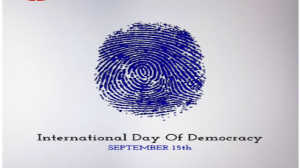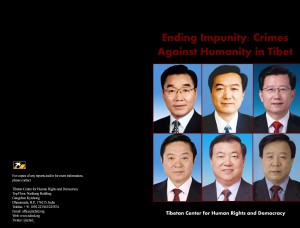
Today marks the 54th anniversary of the Tibetan Democracy Day. On this important occasion, the Tibetan Centre for Human Rights and Democracy (TCHRD) would like to extend greetings to the Tibetan people living in and out of Tibet. Fifty-four years ago, on 2 September 1960, under the leadership of His Holiness the 14th Dalai Lama, the first Commission of Tibetan People’s Deputies (CTPD) took their oaths of office in Dharamsala, India. This ushered in, for the first time in our history, a system of political governance based on the principles of liberal democracy. The CTPD is now known as the Tibetan Parliament-in-exile.
In the decades since the first CTPD was sworn in, Tibetan democracy in exile has evolved. The exile Tibetan leadership and public became progressively more active and took many important decisions. In 1963, a constitution for future Tibet was adopted. This constitution established the rules for how the Tibetan government-in-exile would function. It was followed by the adoption of the ‘Charter for Tibetans in exile’ in 1991, which paved the way for more direct representation in the exile Tibetan government. This led to the direct election of Kalon Tripa (head of the exile Tibetan administration) in 2001, a profusion of non-governmental organizations, including TCHRD, and most significantly, the devolution of the Dalai Lama’s political authority to an elected leadership in March 2011.


